In Arthur Koestler’s novel, Darkness at Noon, Nicholas Salmanovitch Rubashov paces in his Soviet prison cell awaiting his “liquidation.” As he habitually wiped his pince-nez clean, I read with a restlessness that most likely blocked me from picking up the more intricate plot points.
Why do you sit here with a book? Why don’t you do something to push back our own Darkness at Noon?
We are not supposed to talk about the 2020 election. If we do, we could get kicked off Facebook. Or watch our posts get slapped with those patronizing fact-check badges: The AP has declared the winner (not that that counts in a constitutional nation where it’s the state legislatures that seal the deal).
Most of all, we risk the annoyance and derision of our friends. I sure don’t want to lose the respect of the one that said there were a lot of wild conspiracy theories going around out there. Nor do I want a lecture from the one who shut down the subject, telling us all to grow up, move on and accept reality. Look ahead to 2022, the Republicans’ next chance to recover lost ground. And I sure don’t want to raise a growl from friends who, after the most contentious year we’ve ever known, relish the peace.
Well, put me down as one who believes the election was stolen. No, it’s not a done deal, not until we’ve gathered the evidence, filed the lawsuits, asked all the questions. That’s what we do in this country, because we don’t want to be the kind of country where a Rubashov sits in a jail cell, vowing that he won’t allow his interrogators to break him.
Here are the reasons I believe we had a monumentally crooked election:
1) Articles by IT and cybersecurity experts, notably Nick Chase and Jay Valentine, debunked the news about “glitches” in the election machines. Glitches don’t happen, they say. Software performs the way its commanded to perform, the way it’s been programmed. A code-savvy person can find exactly what happened and when.
2) Our immigrant neighbors have spoken. Happened exactly this way back in my old country. Vote count stopped in the middle of the night, etc., etc.
3) California was once the kind of state that swung right, then left, then right again. In fact, it was the cradle of the movement that put Reagan in the Oval Office. My point is, California politics was a healthy mix between opponents who, like football teams, won the trophy some seasons and suffered defeat through others.
Is that the California of today?
No.
They say it all changed by through relaxed voting laws. Mail-in ballots. Ballot harvesting. No voter ID. To complain was to be accused of suppressing voter rights.
No, it isn’t Darkness at Noon for us. We aren’t Koestler’s pacing protagonist. But where are we, exactly? Is it Darkness at 4 p.m. for us? Darkness at 3?
Though Koestler never tells us, scholars place his novel in 1938, during the Soviet purges. “No. 1,” the leader whom Rubashov offended, is said to represent Joseph Stalin. Smart and loyal Rubashov occupied a place in No. 1’s inner circle. But somewhere in there, he thought things could be done differently. He talked about it to a friend or two.
Do that to a No. 1 and there will be serious consequences. You will topple from whatever perch you occupy. You will learn your lesson.
In Rubashov’s world,
The Party denied the free will of the individual — and at the same time it exacted his willing self-sacrifice. It denied his capacity to choose between two alternatives — and at the same time it demanded that he should constantly choose the right one. It denied his power of distinguish good and evil — and at the same time it spoke pathetically of guilt and treachery.
It’s hard to imagine a society that runs that way.
Or is it? Are there words you can’t say right here and right now? Ideas you can’t express at work? In class? In social media comments?
The lesson I take from Koestler’s book is that while we aren’t as huddled and fearful as Rubashov’s comrades and neighbors, let’s not take one step closer to that world. And if we’ve just had an election the results of which don’t reflect the will of the people, an election that triggers flashbacks for the Venezuelans among us, we’re not only stepping, we’re sliding in the wrong direction.
This is no time to shut up, even though the brand-name news outlets make it clear that the smart people have moved on. Rubashov and all our triggered Venezuelans would recognize the game the media is playing. Says cultural critic Theodore Dalrymple,1
This is no time to accept results and look ahead to our next election. While I’d love for an honest count to swing Trump’s way, I could also hope that the runoff election for senators from Georgia might blunt the worst that Biden can do. But when one side wants to win so badly it will cheat Venezuelan-style, who really thinks that runoff voting will be anything but going through the motions?
We have to shout and stomp and fix now. Even if you hate Trump, you’ve got a stake in this.
I’m the last person that wants to drop what I’m doing and fix an urgent problem. I love to ignore leaky roofs and mouse droppings. But I’m everlastingly glad for the one time I did fix a problem on time:
All newborn babies come out with bodies that show how folded up they’ve been for weeks. But one of children never stretched out and straightened up. Her feet folded together at a perfect patty-cake angle and she faced a future of hobbling around on their outer edges.
It if were left up to me, I would have waited and waited and waited for the little crooked feet to fix themselves. But her doctor recommended putting her in casts for six weeks.
Why should we bother? Would it even work? Could we afford the subsequent shoes and braces? Could we tolerate the inconvenience of a baby in two casts, whom we couldn’t bathe for six weeks, in the month of August?
For once in my life, I did the right thing. Today, she’s an adult running 10Ks and leading her children on hikes as if nothing was ever wrong. When I think how close I came to ruining it for her, a little quake runs through my gut.
That’s where we are now, standing at a moment when something needs fixed. If we don’t fix it, if we just want to relish the peace of a finished election year, or ignore it all for the sake of not looking crazy, we are telling today’s two-year-olds, It was a great country. Sure enjoyed living in it. Too bad you missed out.
How about we fight while we still can? Find some news sources that are following this story.2
And pray. A lot.
Let’s be brave for each other, and for our kids and grandkids.
Graphic created at Snappa.com

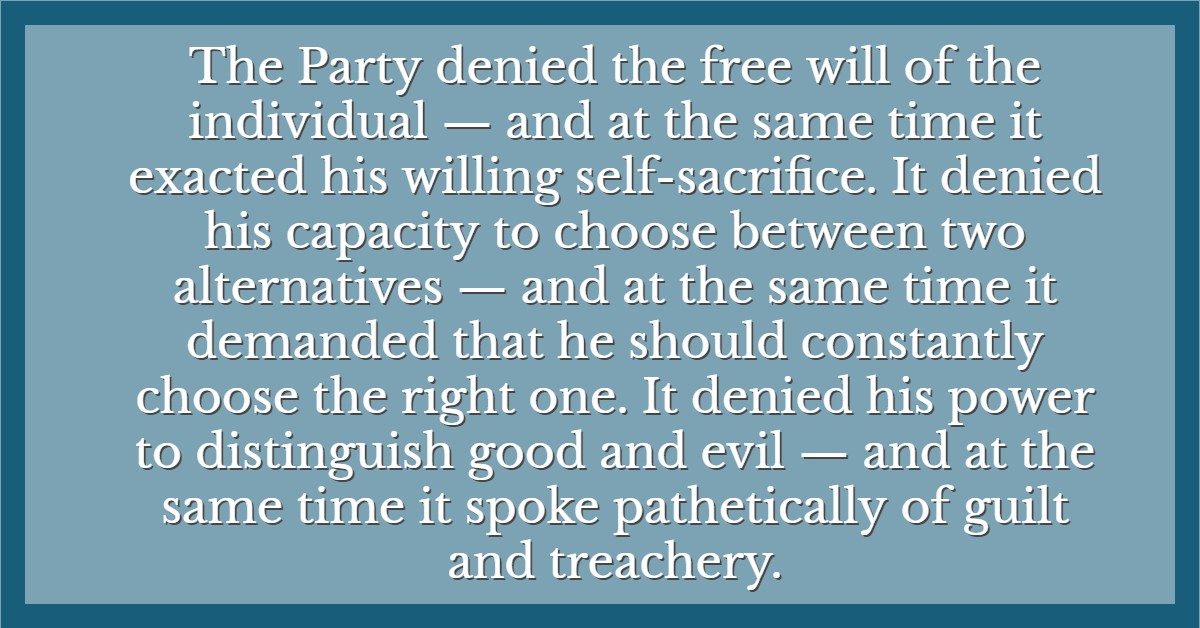
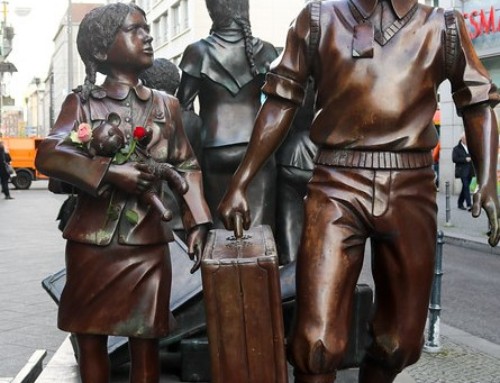
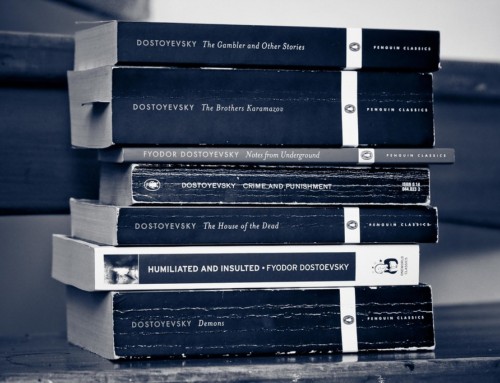
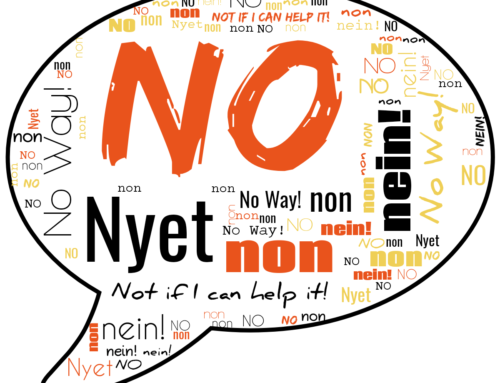
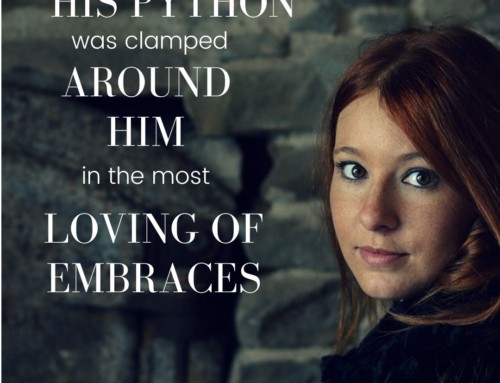

Leave A Comment